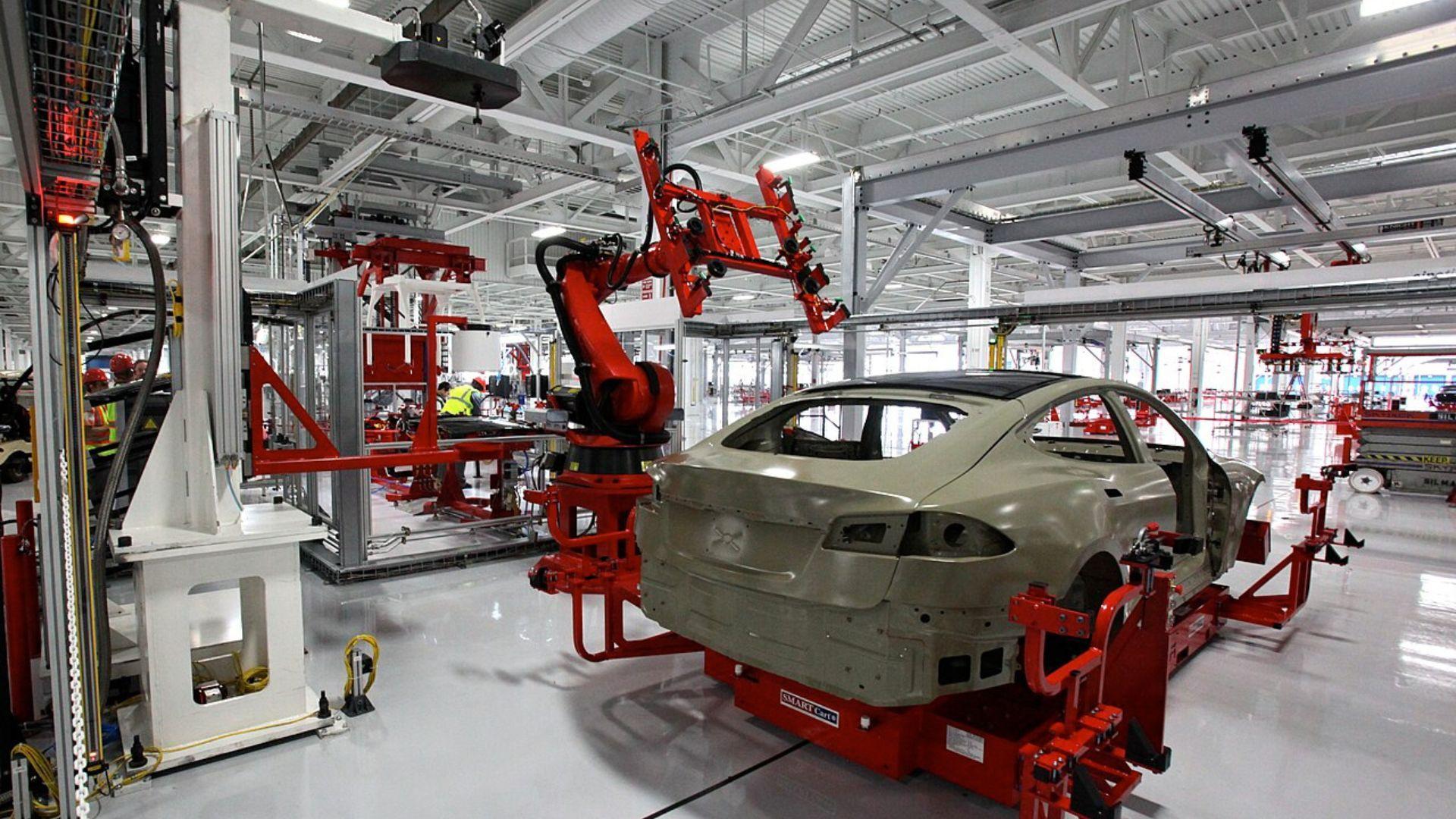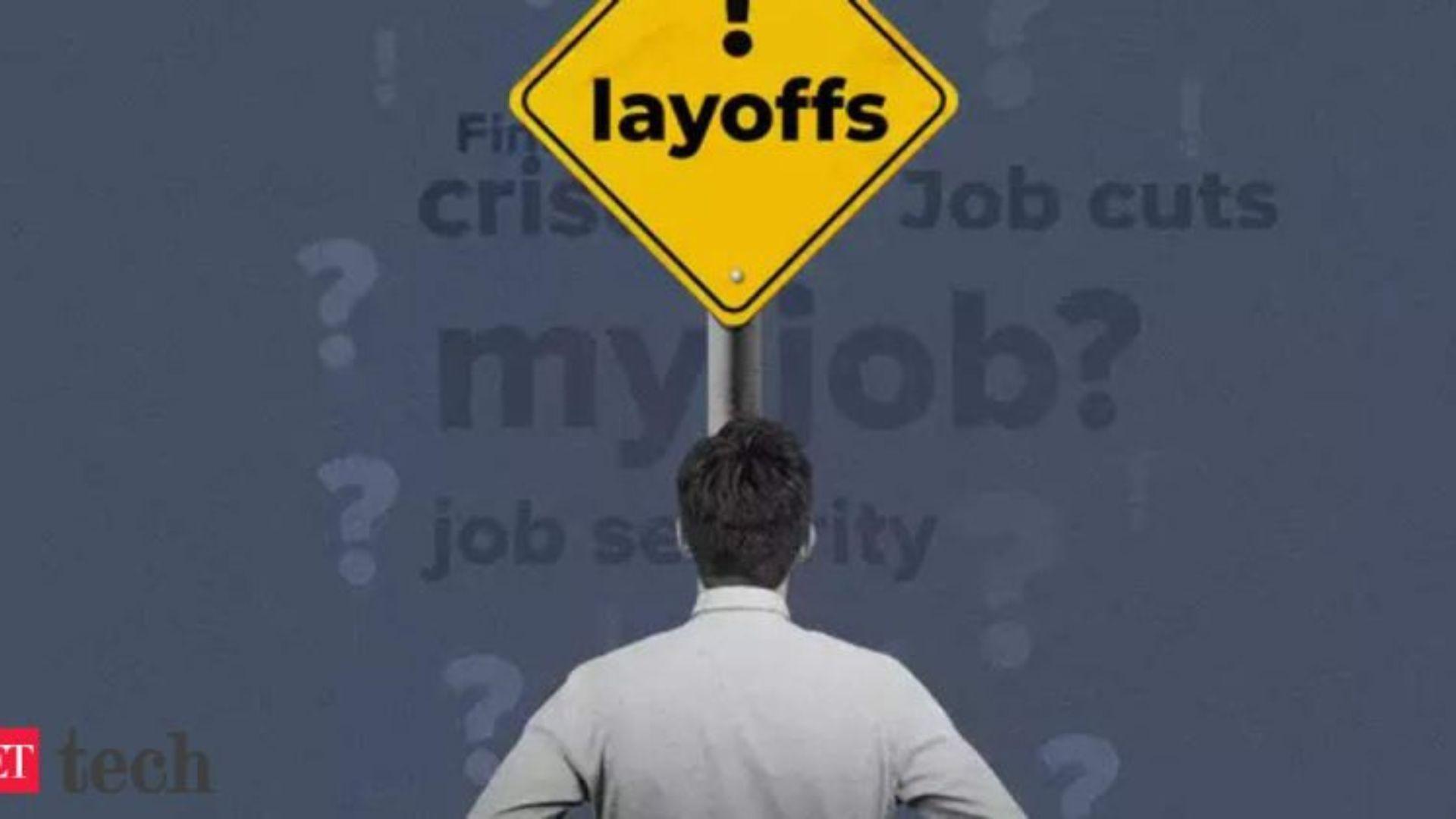Fears about the rise of artificial intelligence have long been a feature of science fiction films.
But fiction is starting to become reality in today’s tech industry where world-leading companies are starting to make huge layoffs.
Hundreds of Thousands

According to the tracking service layoffs.fyi, 124,517 jobs have been lost this year at 384 tech companies.
Neither are these small companies. Some of the biggest names in tech have made significant layoffs so far this year, including Google, Tesla, TikTok and Microsoft.
Investment in AI

There is evidence that investment in AI is behind many of these cuts.
A survey of 2,000 leading executives published in April showed that 41% expect to employ fewer people because of AI and two thirds of them said they would bring in new staff trained in AI rather than upskilling their existing staff.
Intel Latest

Intel is the latest company to be hit by huge layoffs.
Last week it announced 15,000 job losses. This follows its March announcement that it intended to invest $100 billion in chipmaking which is critical to the development of AI and other emerging technologies.
Not Going According to Plan

Intel’s plan to be an industry leader in chip manufacturing hasn’t gone well so far.
It’s AI chip sales have fallen behind other major companies and it reported an 85% second quarter profit decline last week.
Shares in Freefall

As a response to this, it’s market value has fallen drastically in a matter of days.
On Friday morning its shares fell by 30% which is the worst fall it’s had in 50 years.
Is There Hope?

Some companies are trying to invest in AI that will enhance the skills of their human workers rather than make them redundant.
Alex Hood, chief product officer at Asana says “The best thing that employers can do is give folks the ability to understand what the art of the possible is through individual experimentation using AI today.”
No Rewards Yet

For the companies investing in AI, including Intel, there are no visible returns as yet.
Goldman Sachs says: “Investment in generative AI has boomed, but it will take time for the technology to filter into the overall economy. Until we’ve seen more significant uptake in the actual application of AI, in the regular work production process, I don’t think that we’re going to see as big of an impact on productivity.”
Unreliable

One of the reasons for the slow uptake is the unreliability of the new technology.
One of the limitations affecting current AI developments is the bias and sometimes discrimination inherited from its human generators. AI can only be impartial if the original data fed to it is impartial.
Job Losses

While AI developers try to solve these issues, companies in the tech industry continue to invest in AI.
The result has been huge job losses to date, and this trend is set to continue.

